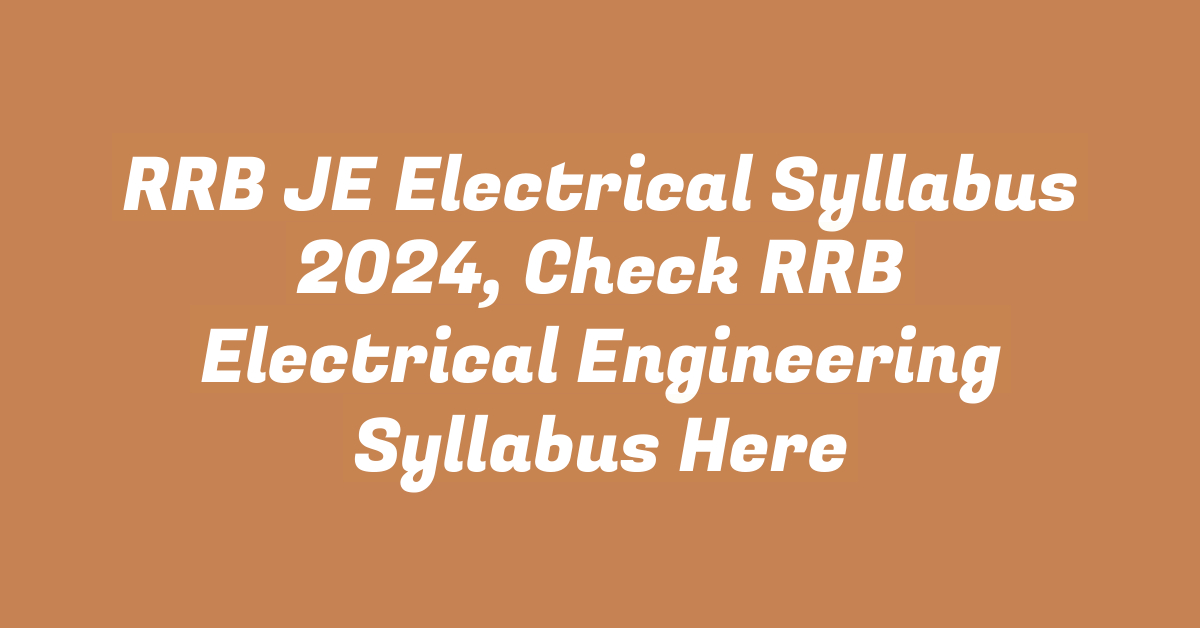3. Magnetic Circuits: Flux, MMF, concepts of reluctance, different types of magnetic materials, magnetic calculations for conductors of different configurations like straight, circular, solenoidal, etc. Electromagnetic induction, self and mutual induction.
4. AC Basics: Instantaneous, peak, RMS and average values of alternating waves, representation of sinusoidal wave form, simple series and parallel AC circuits consisting of RL and C, resonance, tank circuits. Poly phase system star and delta connections, sinusoidal response of 3 phase power, DC and R-land RC circuits.
5. Measurements and Measuring Instruments: Measurement of power (1 phase and 3 phase, both active and re-active) and energy, 2 wattmeter method of 3 phase power measurement. Measurement of frequency and phase angle. Ammeter and voltmeter (both moving oil and moving iron type), range wattmeter, multimeter, megger, energy meter AC bridge extension. Use of CRO, Signal Generator, CT, PT and their uses. Earth fault detection.
6. Electrical Machines: (a) DC Machines – Construction, basic principles of DC motors and generators, their characteristics, speed control, and introduction of DC motors. Method of braking motor, disadvantages and efficiency of DC machines. (b) 1 phase and 3 phase transformers – construction, principles of operation, equivalent circuits, voltage regulation, OC and SC testing, losses and efficiency. Effect of voltage, frequency and waveform on losses. Parallel operation of 1-phase/3 phase transformers. Auto Transformer. (c) 3 phase induction motors, rotating magnetic field, principle of operation, equivalent circuit, torque-speed characteristics, starting and speed control of 3 phase induction motors. Braking methods, effect of voltage and frequency variations on torque speed characteristics, fractional kilowatt motors and single phase induction motors: characteristics and applications.
7. Synchronous machines: production of 3-phase emf armature reaction, voltage regulation, parallel operation of two alternators, synchronizing and control of active and reactive power. Introduction and Applications of Synchronous Motors.
8. Generation, Transmission and Distribution: Different types of power stations, load factors, diversity factors, demand factors, cost of generation and interconnection of power stations. Improvement in power factor, short circuit current for different types of tariffs, types of faults and symmetrical faults.
Switchgear and Protection: Rating of circuit breakers, principles of arc extinction by oil and air, HRC fuses, protection against earth leakage/over current, etc. Merz-Price system for protection of Buchholz relays, generators and transformers, feeder and bus protection bars. Lightning arresters, various transmission and distribution systems, comparison of conductor materials, efficiency of various systems. Cable – Different types of cables, cable ratings and derived factors.
9. Estimates and Costs: Lighting planning, electrical installation of machines and estimating relevant IE rules. Earthing conventions and IE rules.10.Uses of electrical energy: Lighting, electric heating, electric welding, electroplating, electric drives and motors.11.Basic Electronics: Working of various electronic devices like PN junction diode, transistor (NPN and PNP type), BJT, and JFET. Simple circuits using these devices.
